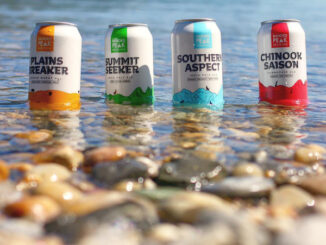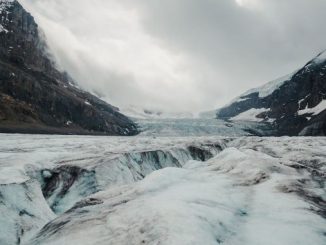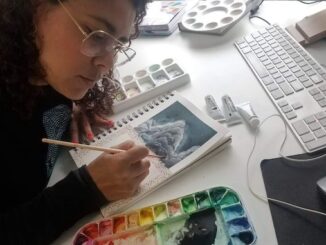Recently I had the absolute pleasuring of interviewing Chris Fisher for this column. We had a terrific conversation about Chris’ professional path which has twisted and turned in various directions throughout its entirety. As we approached the conclusion of the interview it became very apparent that choosing a title for this instalment was going to be difficult. The vast majority of my previous subjects had a clearcut job title. In Chris’ case (as you’ll soon discover) there was no one obvious choice as he has worn numerous hats throughout his career. Eventually, after much internal deliberation, I settled on ‘Conservationist’. When Chris’ career path is viewed as a whole, elements of nature, conservation, and natural history were commonplace. Regardless of the role he was occupying at the time, there was this evident through-line that was ever present, which made ‘Conservationist’ seem appropriate. I hope he agrees!
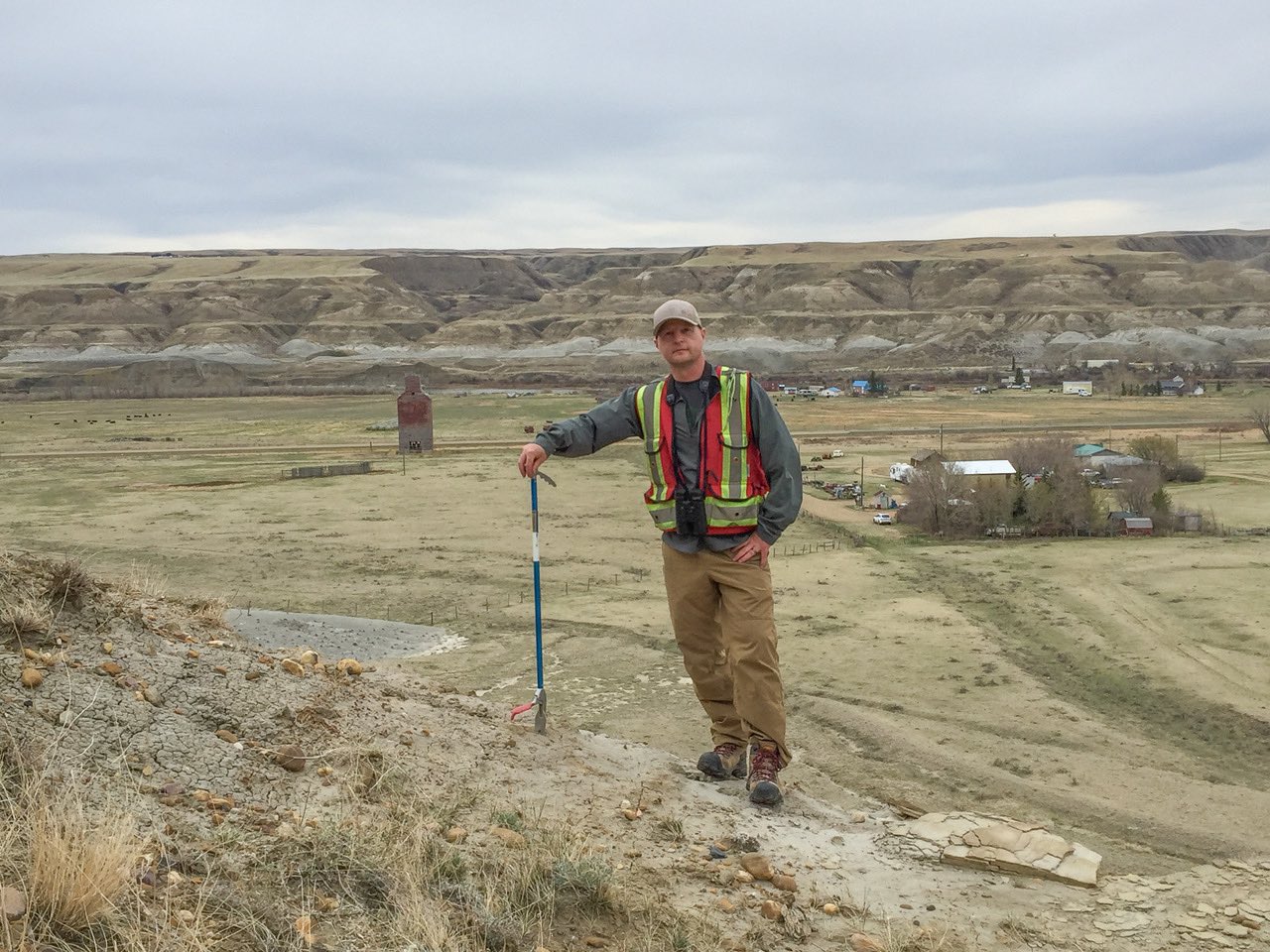
The name ‘Chris Fisher’ rings loudly in naturalist circles, especially in his home province of Alberta. He is an author, keynote speaker, filmmaker, television host, guide, and consultant. He has been featured on The Nature of Things with David Suzuki, the Discovery Channel, and Animal Planet. He was the co-writer for the television series Acorn, the Nature Nut and hosted the children’s series, Wildfiles.TV. Even with all of that on his resume, he’s most likely known for authoring Birds of Alberta, one of the best-selling books ever published in this province. Chris truly has done it all and then some, so it should be fairly obvious why I wanted to include him in the Wild Jobs series.
What follows are the highlights from our lively conversation where Chris recounts some of the significant moments that have shaped his career.
Let’s start near the beginning. How did you get started in nature and conservation as a career?
My journey is a little bit different than most. I guess it all started when I was a kid, which is why I respect what you do with kids. As a parent nowadays you really appreciate the influence of childhood to inform the character of a person. Certainly in my childhood, growing up in Lethbridge, there were outdoor spaces, catching bugs, hanging out with friends, and going to the lake. There was always an interest in being outside and spending time in nature. I also watched lots of natural history films. I remember being influenced heavily by an interpreter in Kikomun Creek Provincial Park in B.C. who was using a field guide to point out different species of birds. As a kid I was always interested in that sort of thing. Fast forward to university. I was pretty good at zoology and natural sciences, owing to my interest and background in those areas. My evolution through undergrad and subsequently graduate school was shaped by having opportunities to teach courses through being a teaching assistant. You could say that was some of the first paid work I did in those areas. Being in Edmonton for my university years opened up opportunities to work with Lone Pine Publishing. Being involved in that small naturalist community, having connections with government, and with folks in the publishing and naturalist industries really helped get my name out there. That was the catalyst that started this whole thing and I have been able to keep it going for 25-30 years now.
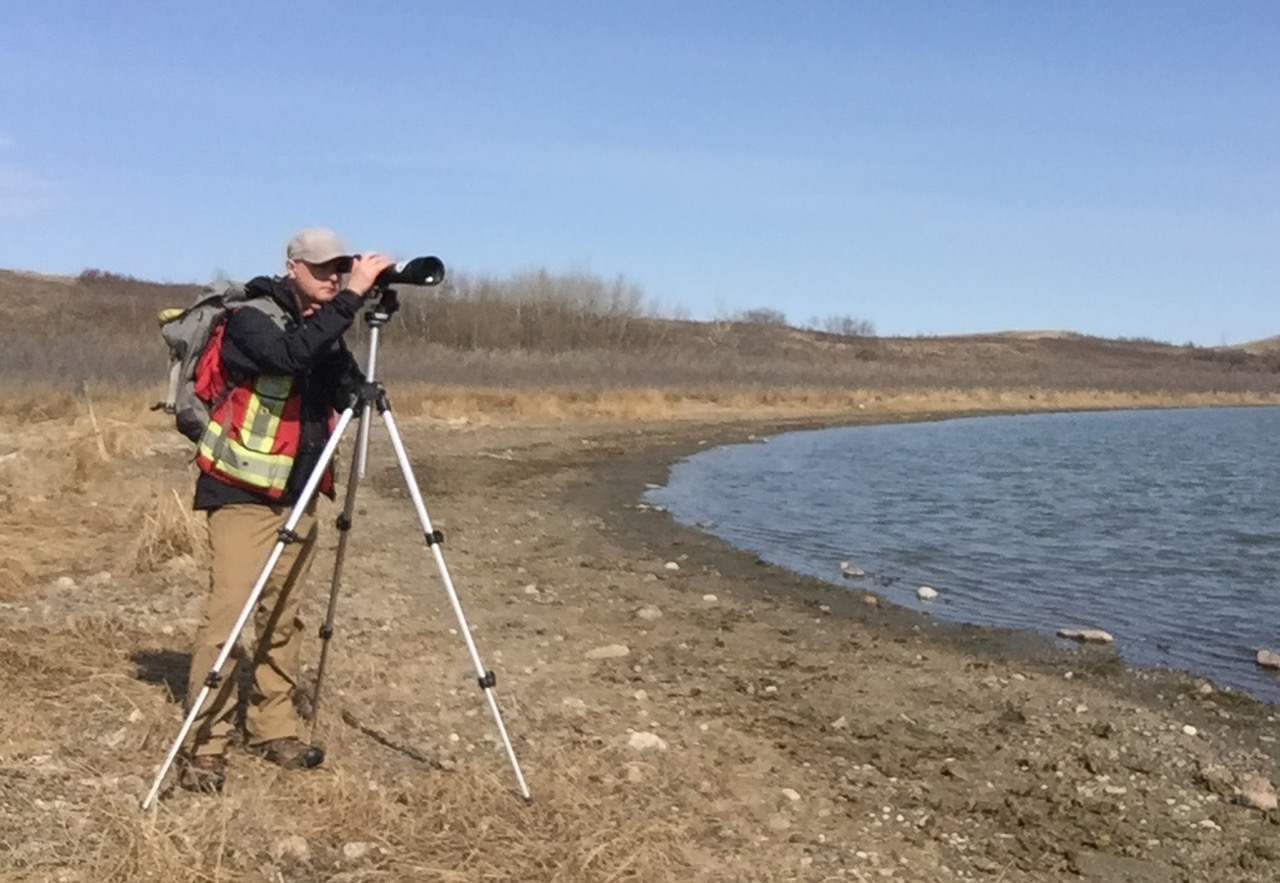
What’s your educational background?
I did both my undergraduate and graduate degrees at the University of Alberta. My undergrad was in biological sciences. At the tail end of that I was fortunate to come into contact with Dr. Jim Butler who walked into one of my zoology classes, sat down on top of the table in the lecture hall, and started telling stories about his experiences around the world as a conservation scientist. That incident opened my eyes that this type of work was even a possibility. My goodness, here’s this David Attenborough-type guy right in front of me. From there I dug into the courses that he was teaching. He was in what was then known as Forest Science, which subsequently became Environmental and Conservation Science. Because of my association with Jim, I got into grad school.
You have a very diverse portfolio including author, filmmaker, television host, keynote speaker, tour guide, and more. How did you get involved in all of those different ventures?
The book thing was a big launching pad for me. I was 25 years old in graduate school and I was teaching a bird identification course. Through the network of Butler, I was introduced to Lone Pine. They needed someone who had knowledge of natural history to write a book. After Prairie Birds was published it established this relationship, this trust, with Lone Pine and they just kept throwing more and more books my way. My graduate supervisor (Butler) was wonderful. He was very encouraging, telling me these books were going to have greater dividends in the coming decades than my actual graduate research. One book led to another and another until finally I did Birds of Alberta with John Acorn. After Birds of Alberta I wrote a few more but the authorship career didn’t have much further to go. The doors were beginning to open at that time through my work with the books. I started working with John Acorn, who was a big deal in the late 1990s on Canadian television. One opportunity led to the next. I was writing documentary films and hosting my own television show, which eventually transformed into speaking, presenting, guiding, and social media. Oftentimes what I’ve learned is, life is situational and you have to take advantage of those opportunities when they present themselves.
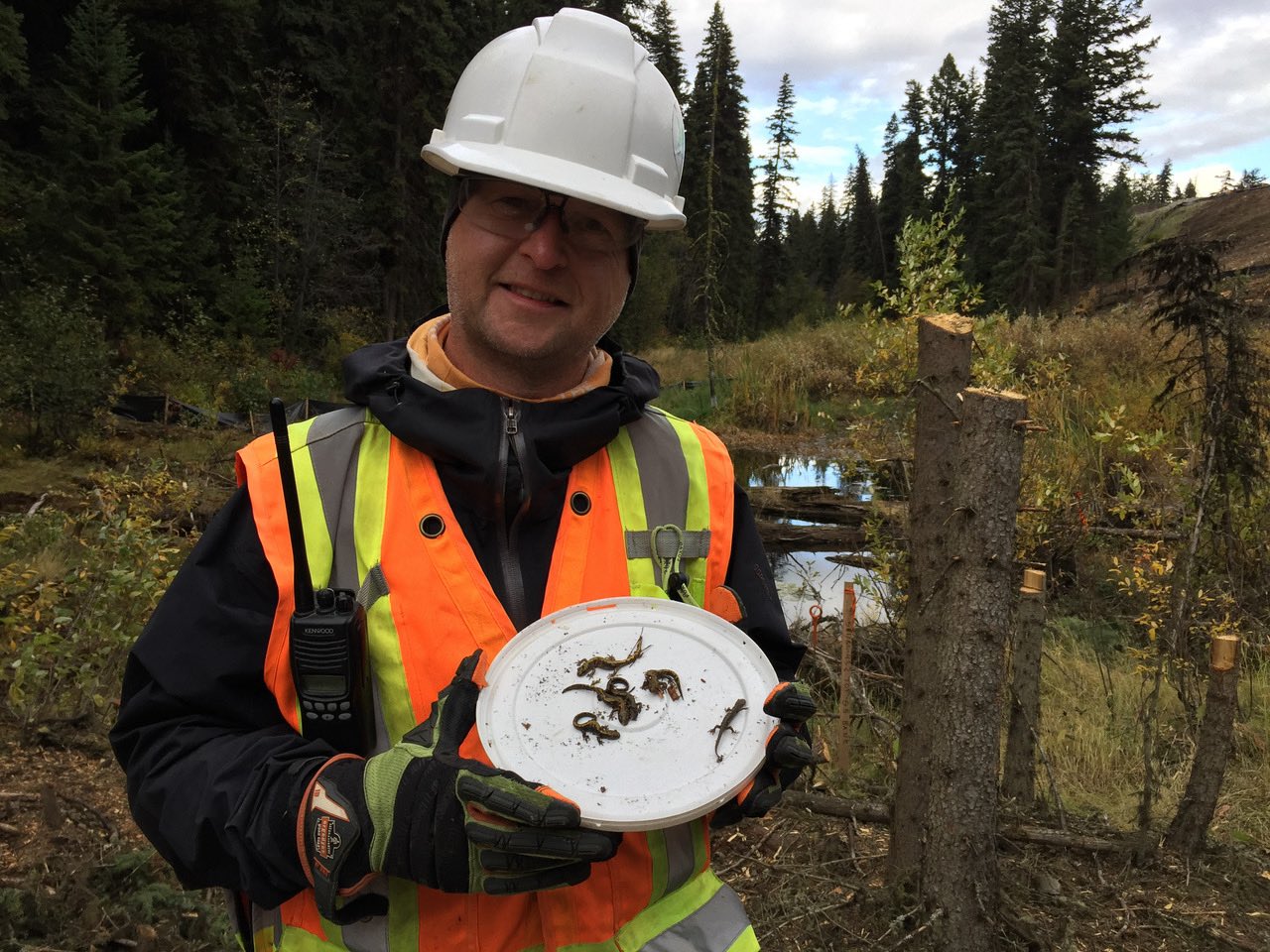
Even with all of that going on, you were still doing some Environmental Consulting. Is that correct?
I first started doing wildlife surveys in the early 1990s. Some of my contacts in university provided summer employment to do that. I did it off and on but I was always a bit resistant to it because it wasn’t as glamorous as having a book in every gas station, supermarket, and book store in Alberta. Having that was very ego-gratifying but ultimately it didn’t pay many bills. But it did allow me access to do other things that were really cool. Having David Suzuki read your words and then being introduced and having him say to me, “that was a great show that we did Chris”, that’s huge! Then hosting a TV show was really awesome. You can just imagine at that point I didn’t really want to do consulting work.
The consulting thing really came to be after my time on cruise ships, which is a whole other chapter! Part of the reason that I jumped on cruise ships for a number of years was to get away. I had all these nice highs but there was really nothing else coming, other than consulting. I had an opportunity to lecture on ships and that’s kind of a glamorous thing, so I took the opportunity to travel around the world, which really honed my speaking ability. I also met my wife, Selena, while on a cruise ship. We fell in love and eventually moved back to Edmonton and that’s where the reality of consulting took hold. We were going to be married, we were going to start a family so it was time to do something a little more serious that pays well and is a little bit more stable. I tend to work with smaller boutique consultants, ones who don’t necessarily have a full staff of intermediate or senior wildlife biologists. That’s been a pretty good niche for me because when they do have capacity they send me out into the field to do all the sensitive species surveys and migratory bird surveys and wildlife sweeps and all the stuff that the federal and provincial policy and regulations require.
So is Wings Environmental Solutions your own company then?
Yes, that is my company. I had been sub-consulting on and off my entire career so it was natural for me to start my own company. Pretty much everything I do now is filtered through Wings and it’s pretty broad. Most of my revenue these days comes from environmental consulting but there’s still other revenue that comes from some writing, some speaking, some guiding, and some of the other things that I am passionate about. It’s really about finding a balance within all of these things to satisfy a household that requires a provider but also to satisfy myself who wants to be the provider but also wants to have some artistic creativity and some meaning and some philanthropy mixed in. All of these things that we all have in our life, it’s a struggle to meet all those objectives, but I feel that in what I do I am somehow able to satisfy those over the course of the year.
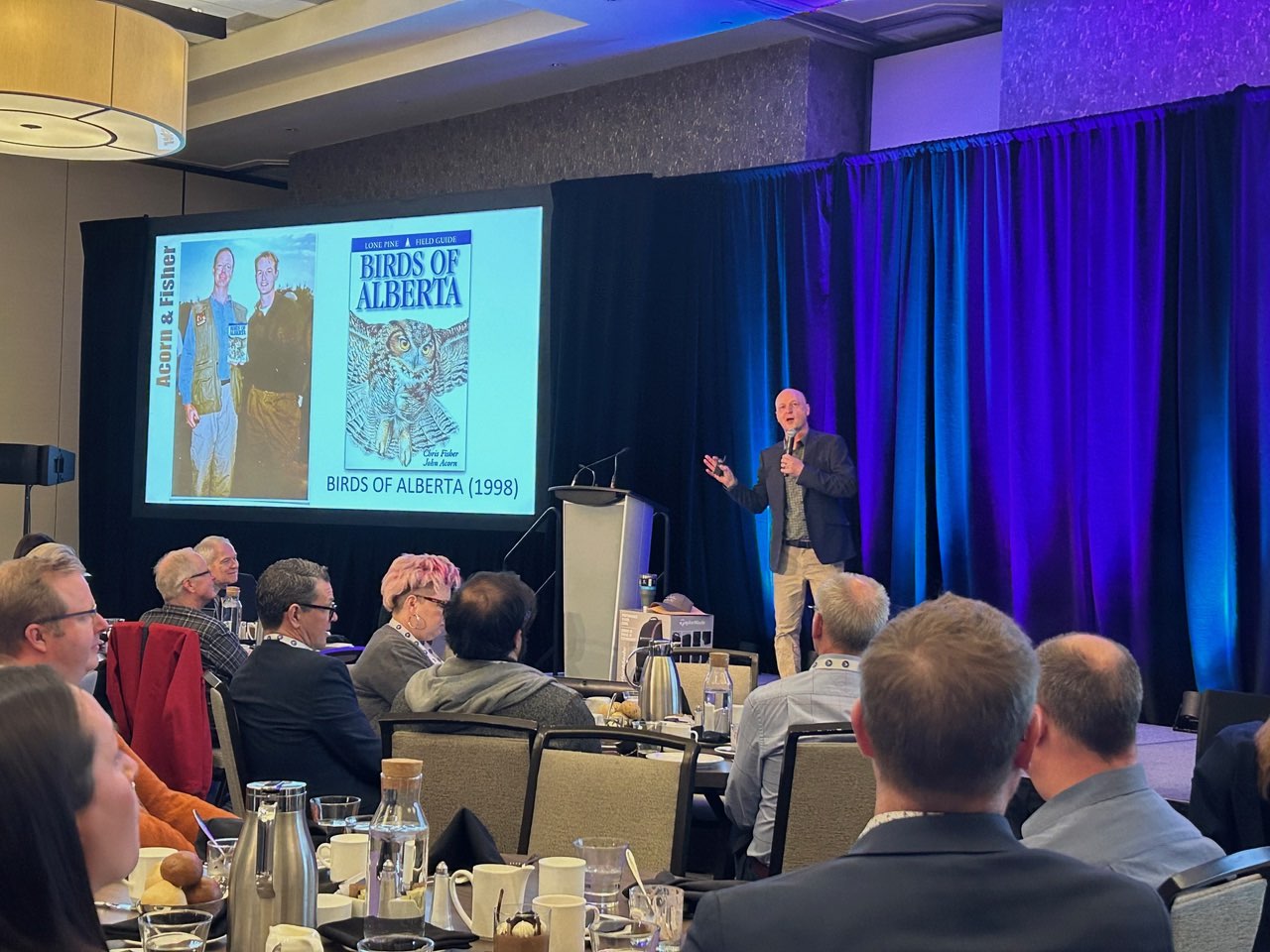
What’s the best thing about your career?
The most surprising and gratifying part of my career comes from Birds of Alberta because it was so well received. Twenty-five years later I am still recognized for my work on that. That book meant so much to so many people. I would never have guessed that when I started writing it. And it’s not just the book or my words, but the ability for someone to pursue a passion. The emotional power that nature and an appreciation for nature has in our individual lives and our collective lives and really that motivates the work that I do outside of the consulting gigs.
What’s one of the most challenging aspects of your career path?
Certainly the most challenging aspect, because I’ve essentially been freelancing the entire time, is the security. That would involve month-to-month security, making bill payments, and I’ve been relatively fortunate with that but it is never a worry that is far from our minds and there have been a lot of sleepless nights worrying about the short-term, mid-term, and the long-term security of my family. I have to say though, that the counterbalance to insecurity is freedom. The freedom to take on opportunities as they arrive because I am not locked in to anything is also very rewarding. I guess you could say that I have adopted the mindset of being secure in the insecurity.
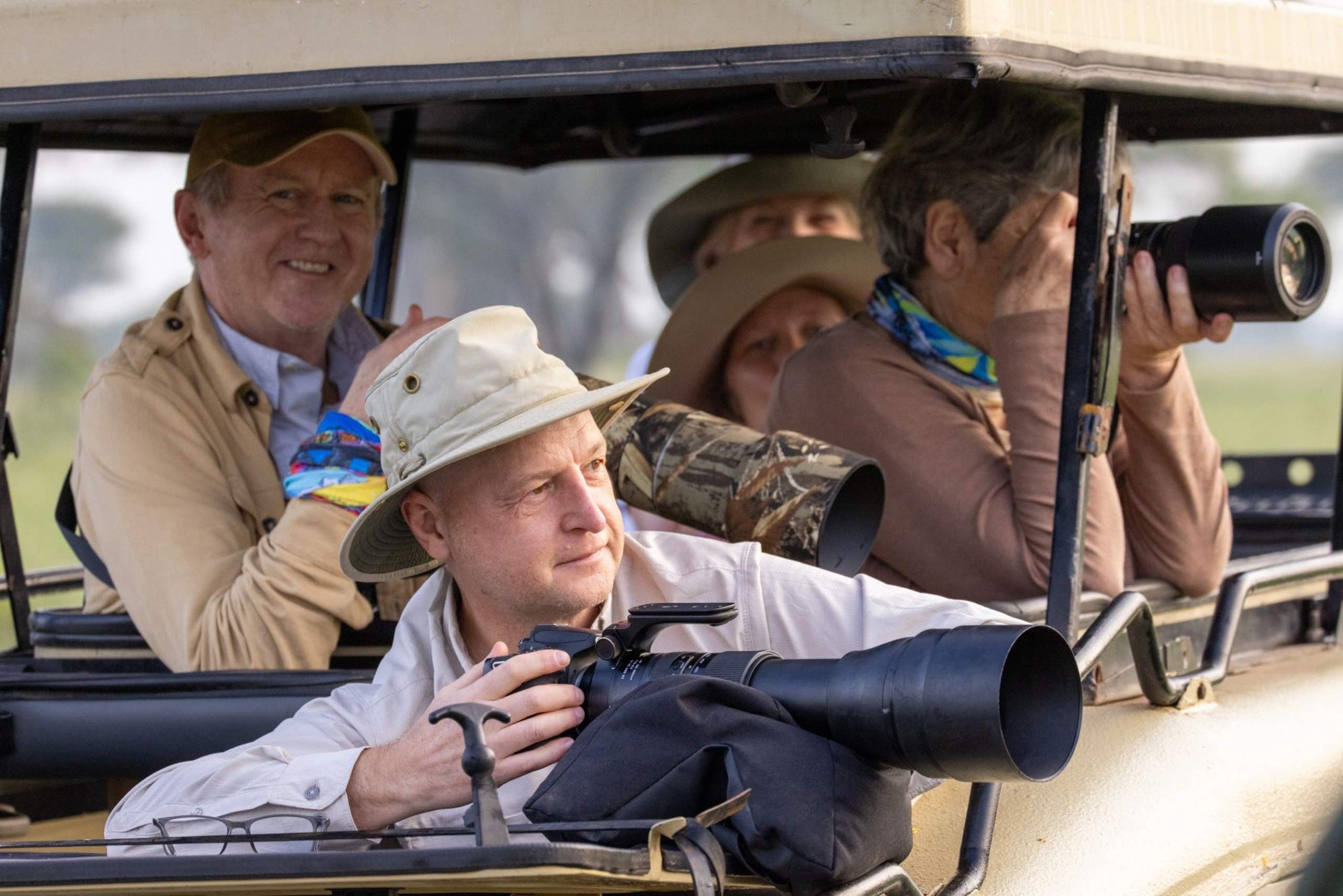
You’ve travelled to more than 70 countries on every continent. Do you have a favourite place that you’ve been? What makes it so special to you?
I can say that travelling to the Antarctic is unlike any other experience that I’ve ever had. Almost anywhere else we go on the planet, the wild untouched landscapes take a backseat. They have to be sought out. In the Antarctic, it’s just the polar opposite of that. You have to search out the research stations and any human-made structure that is out there. To see the world as it was 10,000 years ago up until when the planet was formed, is a deeply moving experience. I just came back from Tanzania with Neil Zeller. The same sort of feelings were present in that landscape. Not to the same scale and those are much more managed landscapes than the Antarctic is, but in Tanzania to catch up with the herds of wildebeest and zebras, you are transported back into another time. It is not the world of the 21st century anymore. You are time travelling back and how can that not be the most jarring, yet awakening experience that someone can have. To leave behind the comforts and the familiarity that we experience and to throw yourself back into the Pleistocene era is amazing. When you’re out of your comfort zone, being exposed to different elements, and new ways of thinking and seeing, is when you learn the most because you’re being exposed to so many novel experiences. So not only are the Antarctic and Tanzania the most noteworthy, they probably left me with the greatest impression.
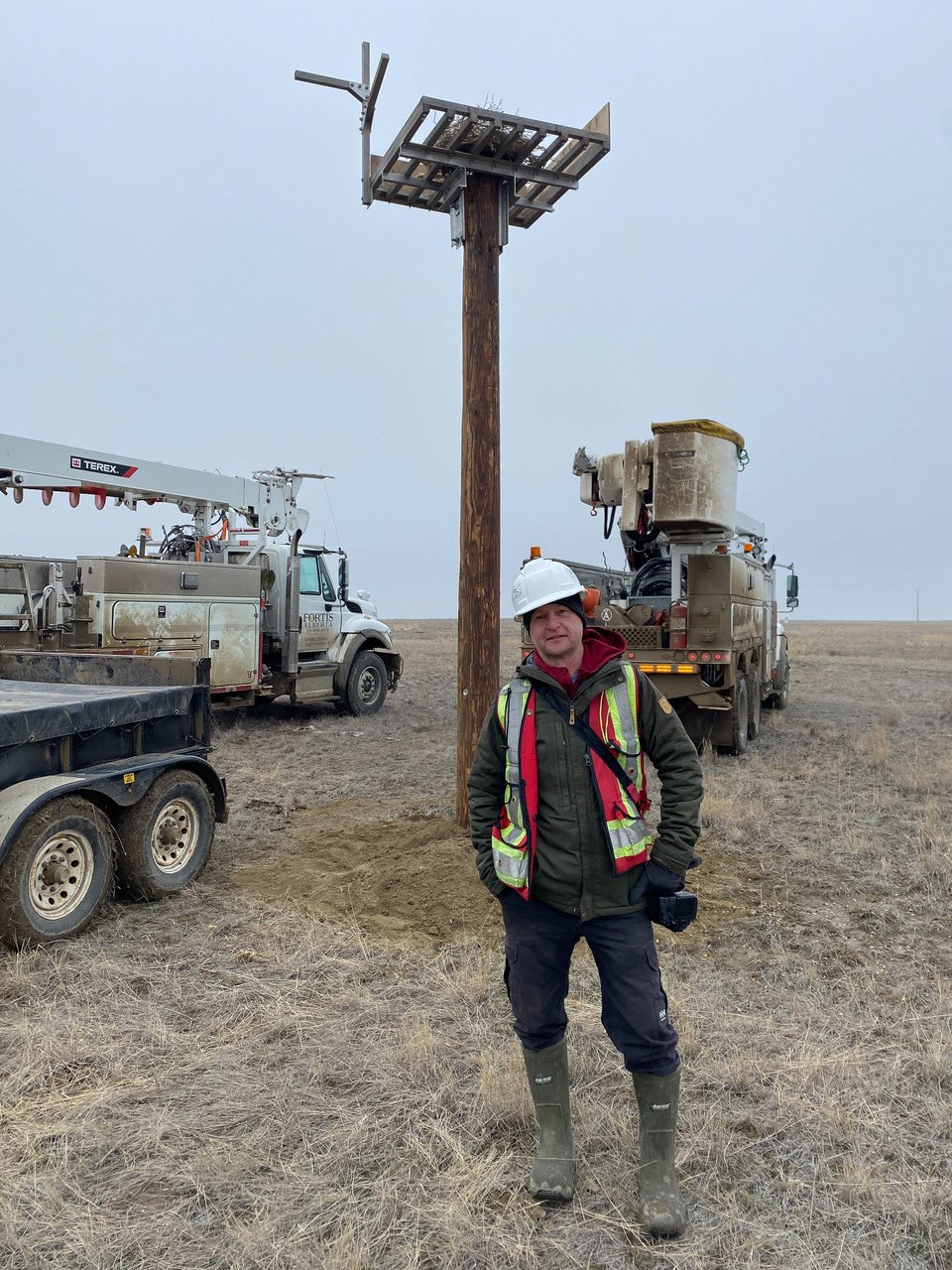
I want to thank Chris for taking the time to speak with me and share some of the highlights of his nature-filled career. Listening to Chris was very rewarding and certainly provided an even deeper connection and appreciation to the natural world than I already had. Thank you Chris!
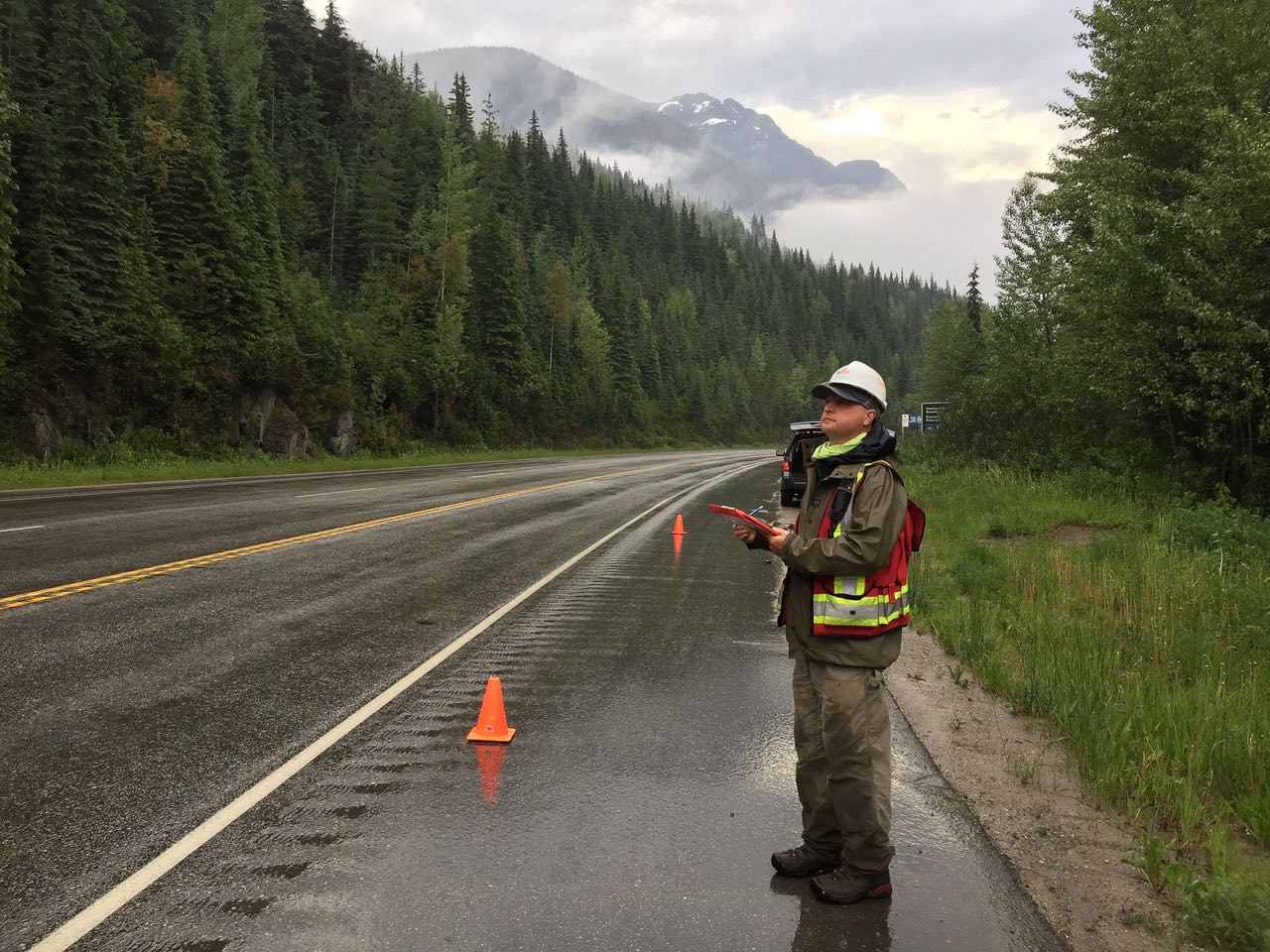
To learn even more about Chris, please check out his website. For all you birders out there, Chris just launched the Birds of Alberta podcast featuring many of your favourite species already. You can also find him actively engaged on X or connect with him on Facebook.
***
About this column:
Wild Jobs is a running series that focuses on people in outdoor-related professions. It provides a brief snapshot of their career and the duties that it entails. Please see my previous post, Wild Jobs: Custom Bike Builder to learn more.


